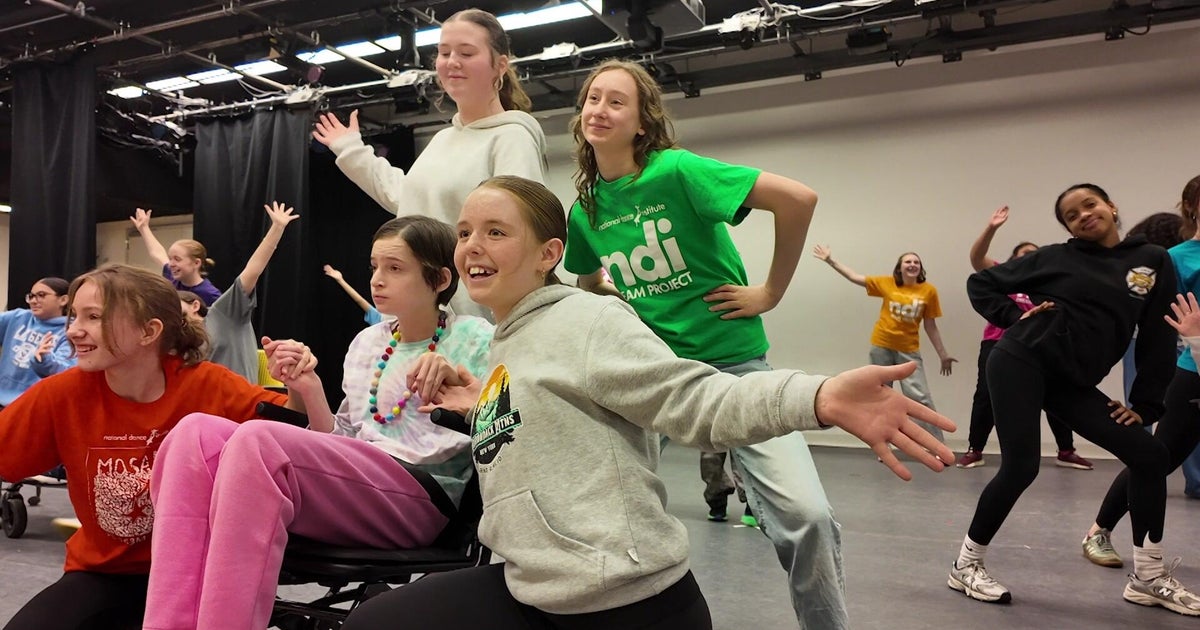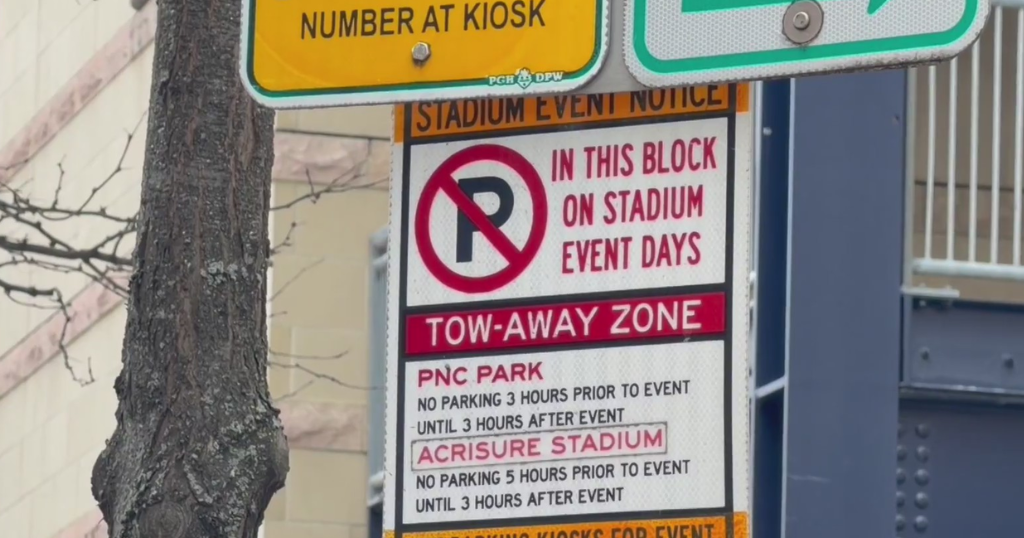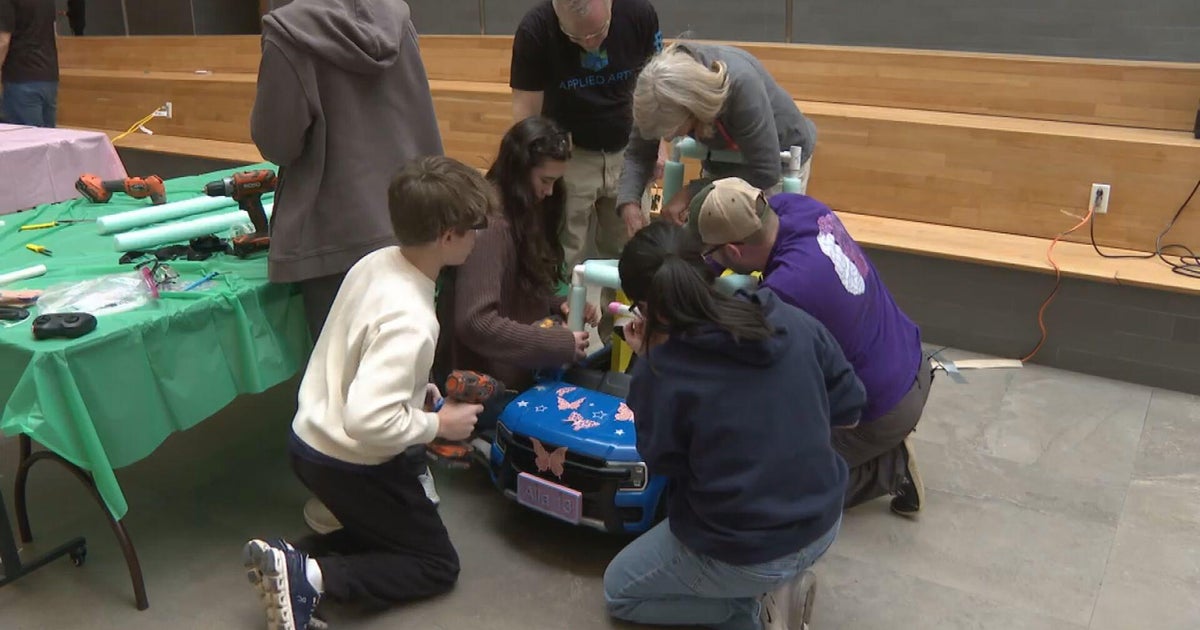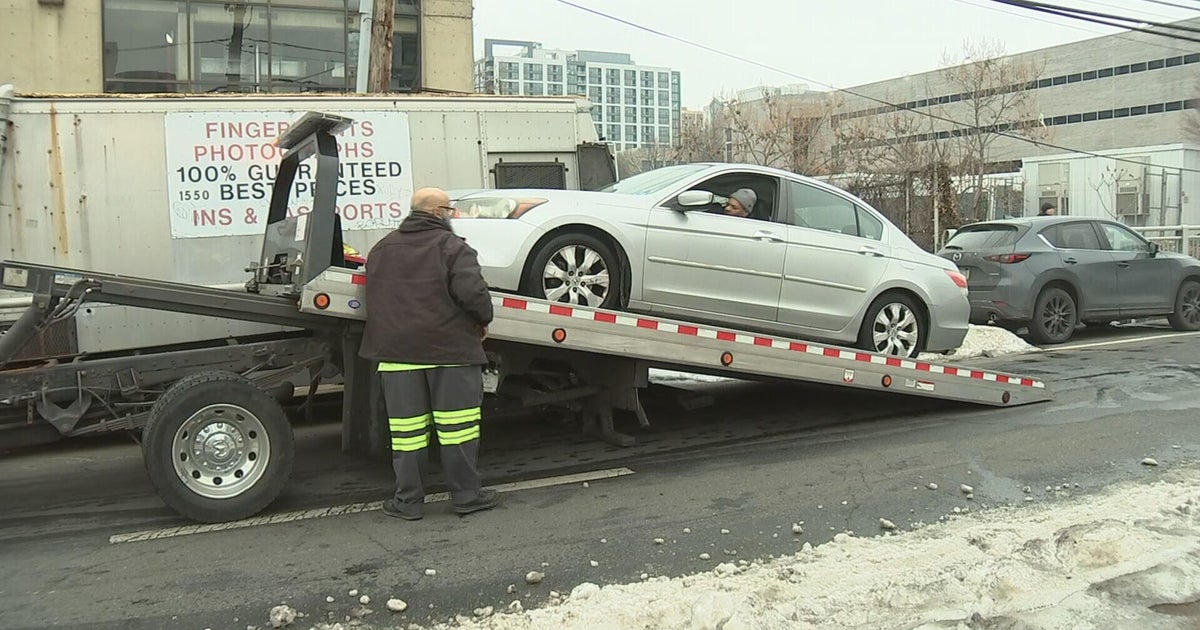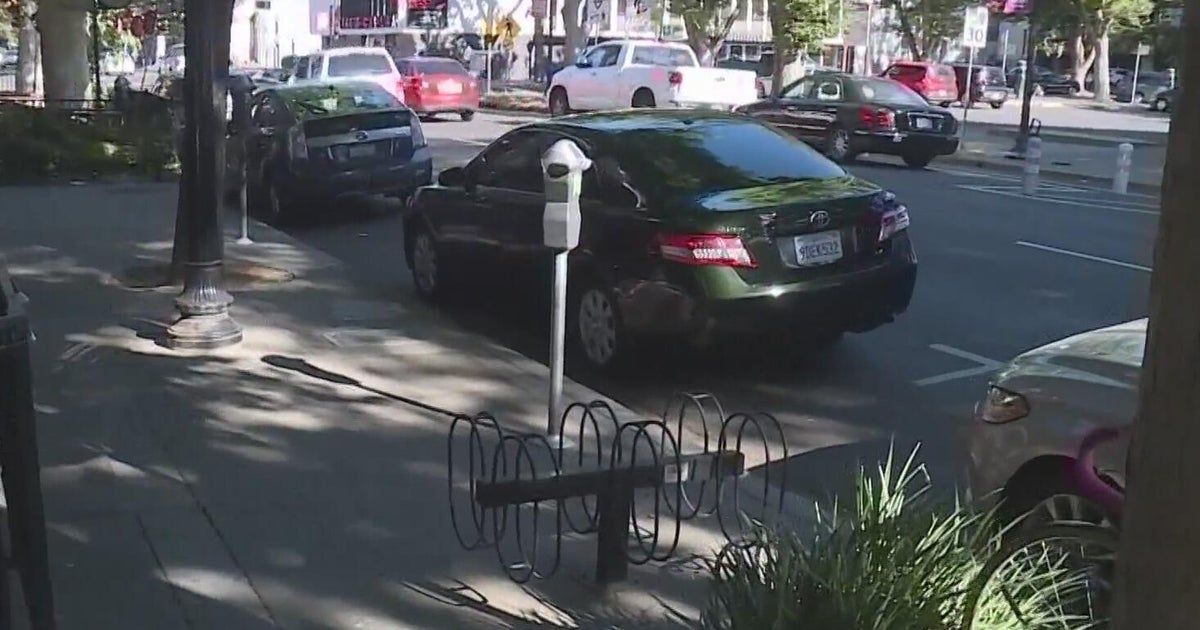Local Parking Laws Tough For People With Disabilities
DALLAS (CBSDFW.COM) - Rosario Jimenez knows that one day, maybe soon, she will depend nearly entirely on a wheelchair to get around.
"It can happen at any time," said Jimenez, stricken by polio when she was 8 months old, leaving her with degenerative muscle problems that doctors say will only worsen.
So, with all of that going on, Jimenez said she was angered when she walked to her car – slowly, in a leg brace and with the help of a cane – and found that she had been ticketed in downtown Dallas for being at a public parking meter too long.
"It was very frustrating," said Jimenez, 33, a student at El Centro College in downtown Dallas.
She wouldn't have gotten such a ticket in Houston …or San Antonio … or Austin.
In fact, CBS 11 News has learned that among the biggest cities in Texas, only Dallas and Fort Worth ticket people for staying too long at a public parking spot, even when they have a disabled parking permit clearly visible on their vehicle.
Most urban areas have passed ordinances that no longer allow motorists to "feed the meter" at public parking spaces. Before those laws were passed, officials say, a relatively few number of motorists could tie up spaces for the entire day, preventing others from finding a place to park.
But most cities, with the exception of Dallas and Fort Worth, exempt people with disabilities from having to move their vehicles once the meter reaches its maximum time limit, which usually is two hours.
On average, it takes Dallas lawyer Ken Carden about 20 minutes to get into his convertible sports car, after disassembling his wheelchair and placing it in the car. It takes an equal amount of time for him to get out.
Carden, whose disabilities stem from a motorcycle accident when he was a young man, isn't complaining. "Getting in and out of the car is just something I've been doing for a long time," he said.
But he gets his dander up, and has filed legal actions against the city of Dallas, when he sees what he considers to be federal violations of the Americans with Disabilities Act. Those infractions can include too-narrow handicapped parking spaces, the absence of crosswalk ramps and doorknobs that can't be reached from a wheelchair.
Requiring handicapped people to move their cars every two hours may be the final straw. "It bothers me to have to get out of the car, go do something, get back and move my car because the city says I can't park there for very long. That's a lot of trouble," said Carden.
Are the parking ordinances in Fort Worth and Dallas too tough for someone in a wheelchair?
"On the surface, it looks that way," said Fort Worth City Councilman Danny Scarth, who has used a wheelchair since 1979 when he broke his neck in football.
Scarth added, however, there is logic behind the Fort Worth ordinance: It gives everyone a chance at a parking space, especially in the downtown area where shopkeepers rely on a steady turnover of customers that need a place to park. Besides, like other Texas cities, including Dallas, meter parking is free with a handicap sticker.
"We had free parking all day at meters for people with disabilities, with the proper plate and placards," said Scarth. "(But) we found that they were most often being used by people who were commuting into downtown for work."
The city of Dallas defended its ordinance as well, saying in a statement that it "has established parking regulations to ensure that city streets remain safe and accessible for the whole community … These regulations are tailored to accommodate the handicapped to allow free parking to anyone with the proper handicap authorization, up to a two-hour limit."
For Rosario Jimenez, the El Centro College student, that is not good enough.
"I believe they should reconsider all the challenges for people with physical disabilities," she said. "They must balance the situations."
